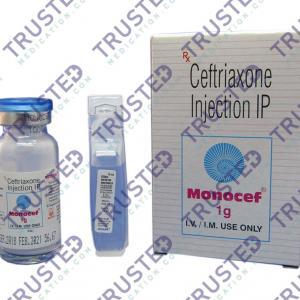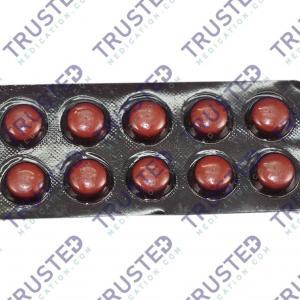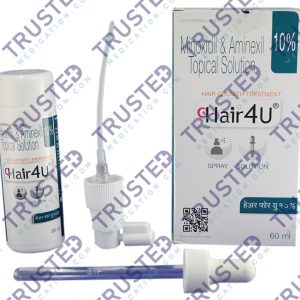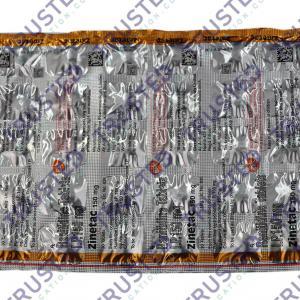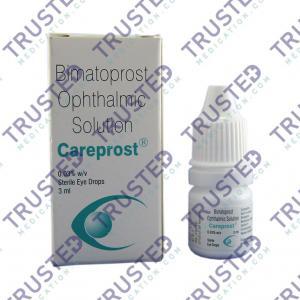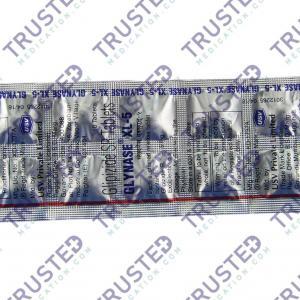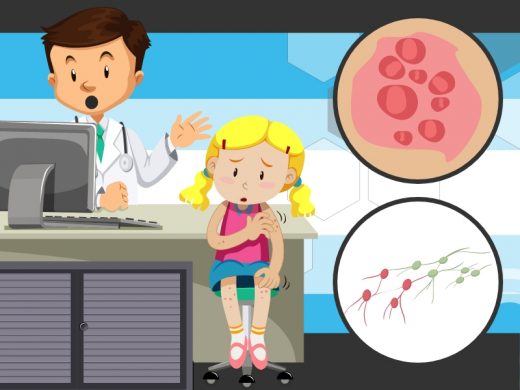
Hypersensitivity Syndrome includes all kinds of allergic reactions and autoimmune diseases. Generally, these reactions are referred to as overreactions of the immune system and are often damaging and unpleasant.
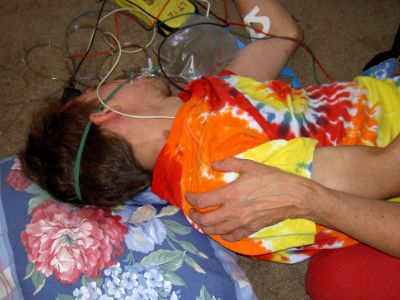
Symptoms of Hypersensitivity
- A pink or red rash with or without pus-filled blisters
- Flaky and scaly skin
- Facial swelling and fever
- Swollen or tender lymph nodes
- Swollen saliva glands
- Abnormalities in white blood cell count
- Headaches and seizures
- Difficulty in moving and balancing
- Coma
Because the symptoms resemble other diseases and drug reactions, it’s important to talk with a health professional any time you experience a skin rash or other symptoms.
Types of Hypersensitivity
- Type I hypersensitivity. It involves the use of IgE antibodies that sensitize individuals to allergens and trigger an inflammatory response upon exposure. Allergies and hay fever are both types I.
- Type II hypersensitivity. In this process, IgG and IgM antibodies bind to antigens on the surface of cells. This induces a cascade of events that leads to cell death.
- Type III hypersensitivity. It is a result of the formation of antigen-antibody complexes that settle on tissues and organs. When these complexes are removed, the underlying tissue is damaged as well. Serum sickness and rheumatoid arthritis are examples of type III reactions.
- Type IV hypersensitivity. They have delayed reactions to antigens that are associated with cells, and they are regulated by T cells. Tuberculin reactions, chronic asthma, and contact dermatitis are examples of type IV reactions.
Typical Causes of Hypersensitivity Syndrome
Hypersensitivity syndrome is caused by a complex set of interactions between a medication, immune system, and viruses in your body. There are no specific causes of hypersensitivities but some factors could be its cause. Certain drugs are more likely to be involved in these reactions. Seizure medications, antibiotics, and medications used to treat tuberculosis are typical causes of hypersensitivity.
Who is at Risk of the Hypersensitivity Syndrome?
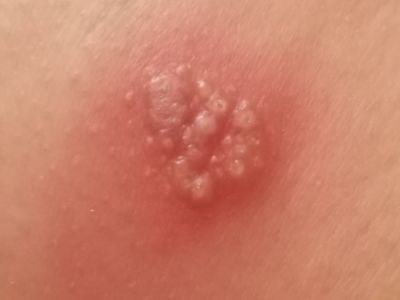
Genetics is not the only factor, though. Studies show you may be more likely to experience hypersensitivity if:
- You are over age 20.
- You had a viral infection in the past weeks
- You have had herpes zoster infection
- You are rheumatic before
- You have collagen rheumatic disease before
- You have a condition that requires you to take antibiotics frequently
How to Diagnose Hypersensitivity Syndrome?
Your doctor may conduct a physical examination or assessment of the symptoms before anything else. Other method includes liver function tests, urinalysis, kidney function tests, and skin biopsy. More tests might be necessary if the doctor wants to rule out other conditions.
Treatment for Hypersensitivity Syndrome
The first step in treating hypersensitivity syndrome is to avoid or stop the root cause of the reaction. Some doctors may recommend corticosteroids to control some of your symptoms. Immune booster vitamins can also help you with hypersensitivity. You can cake Vitafizz and other vitamin C products to boost your immune system.

